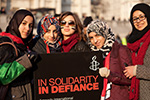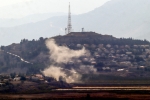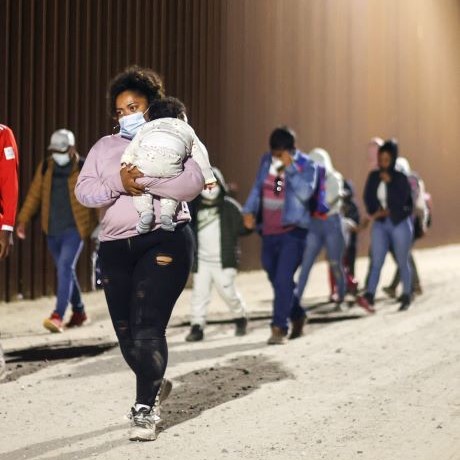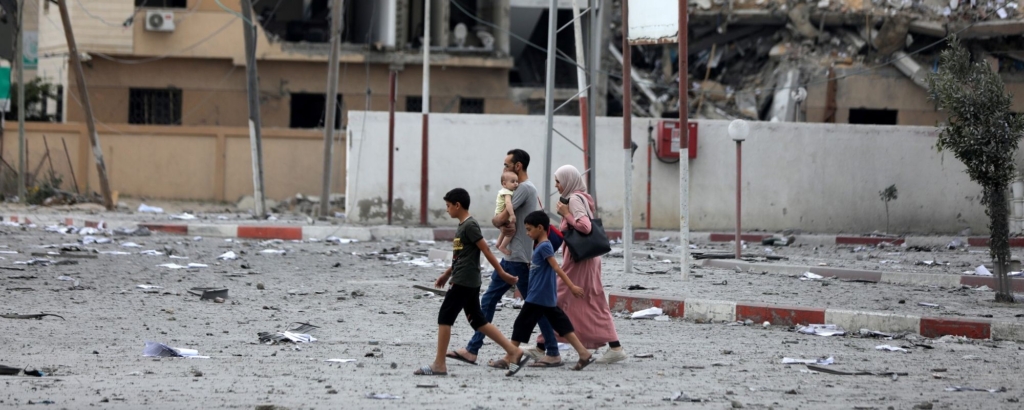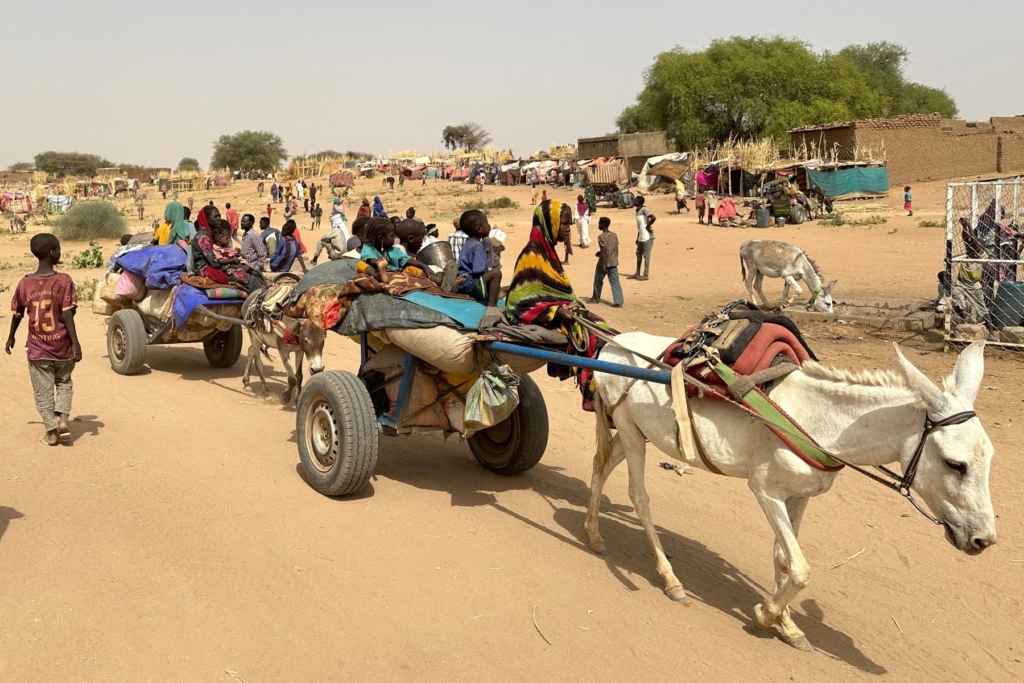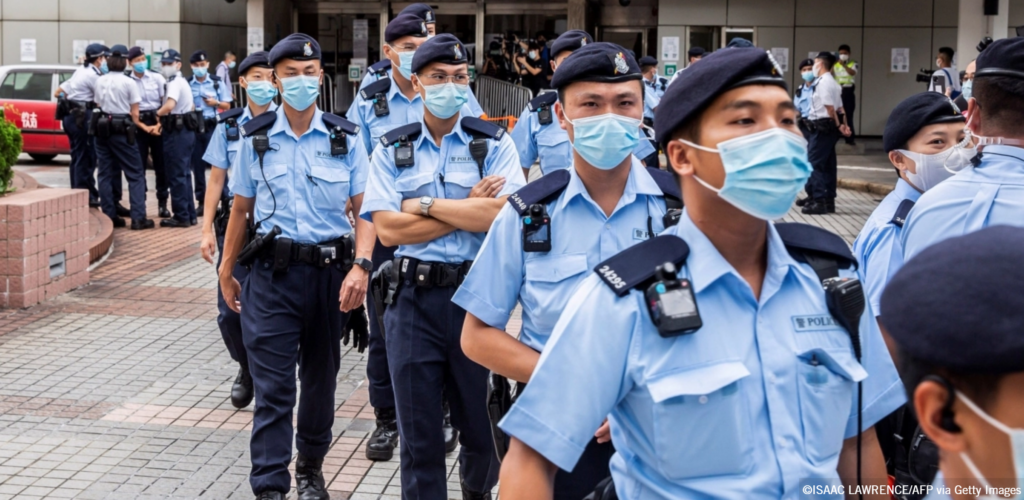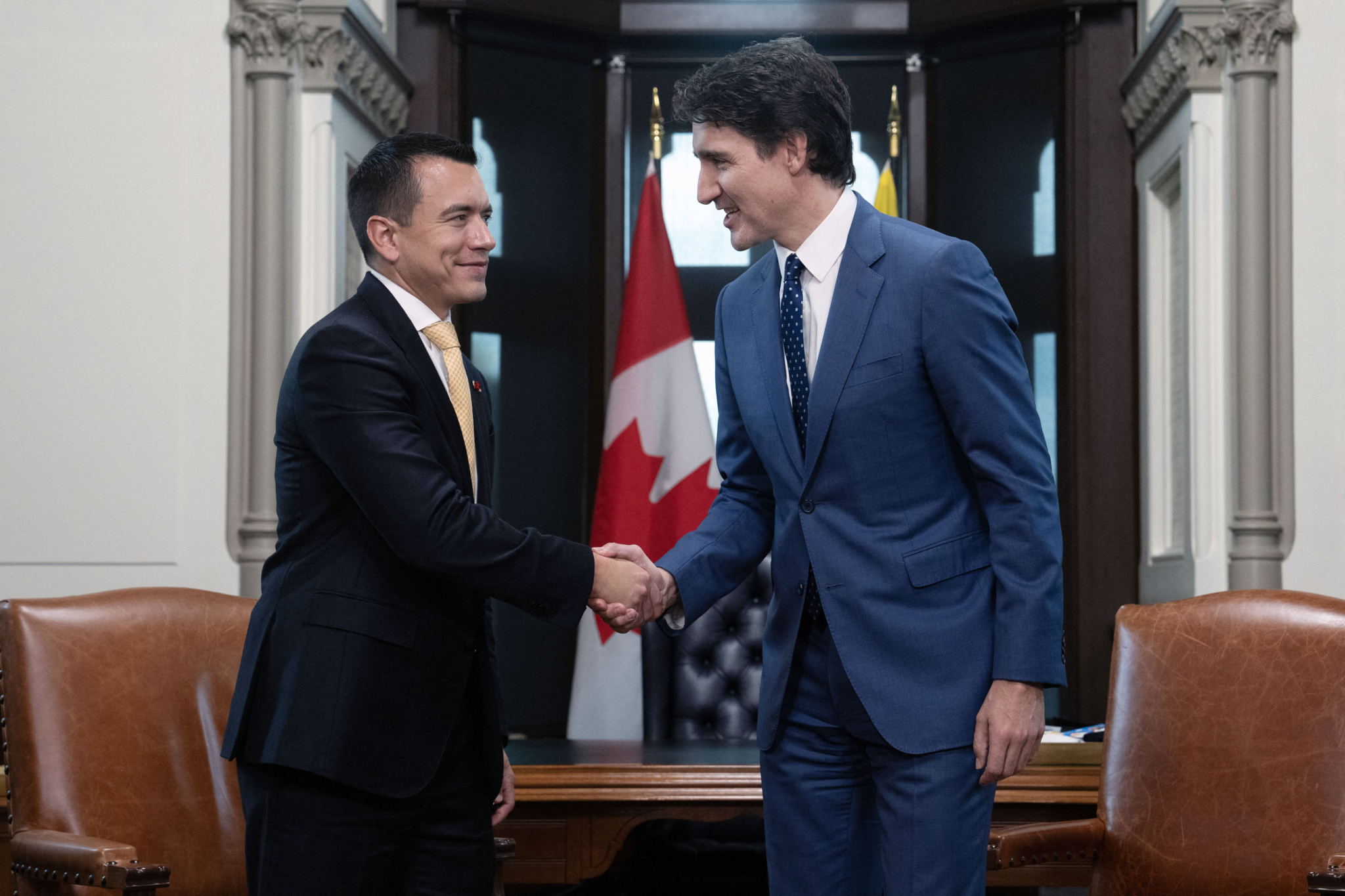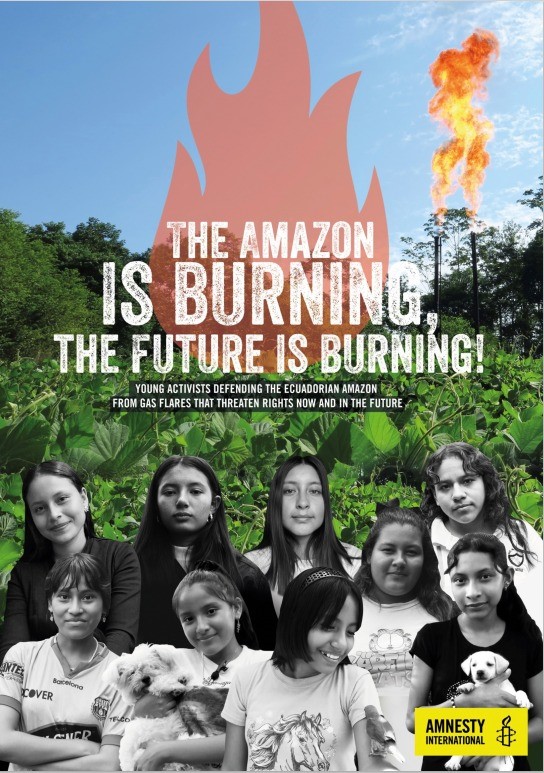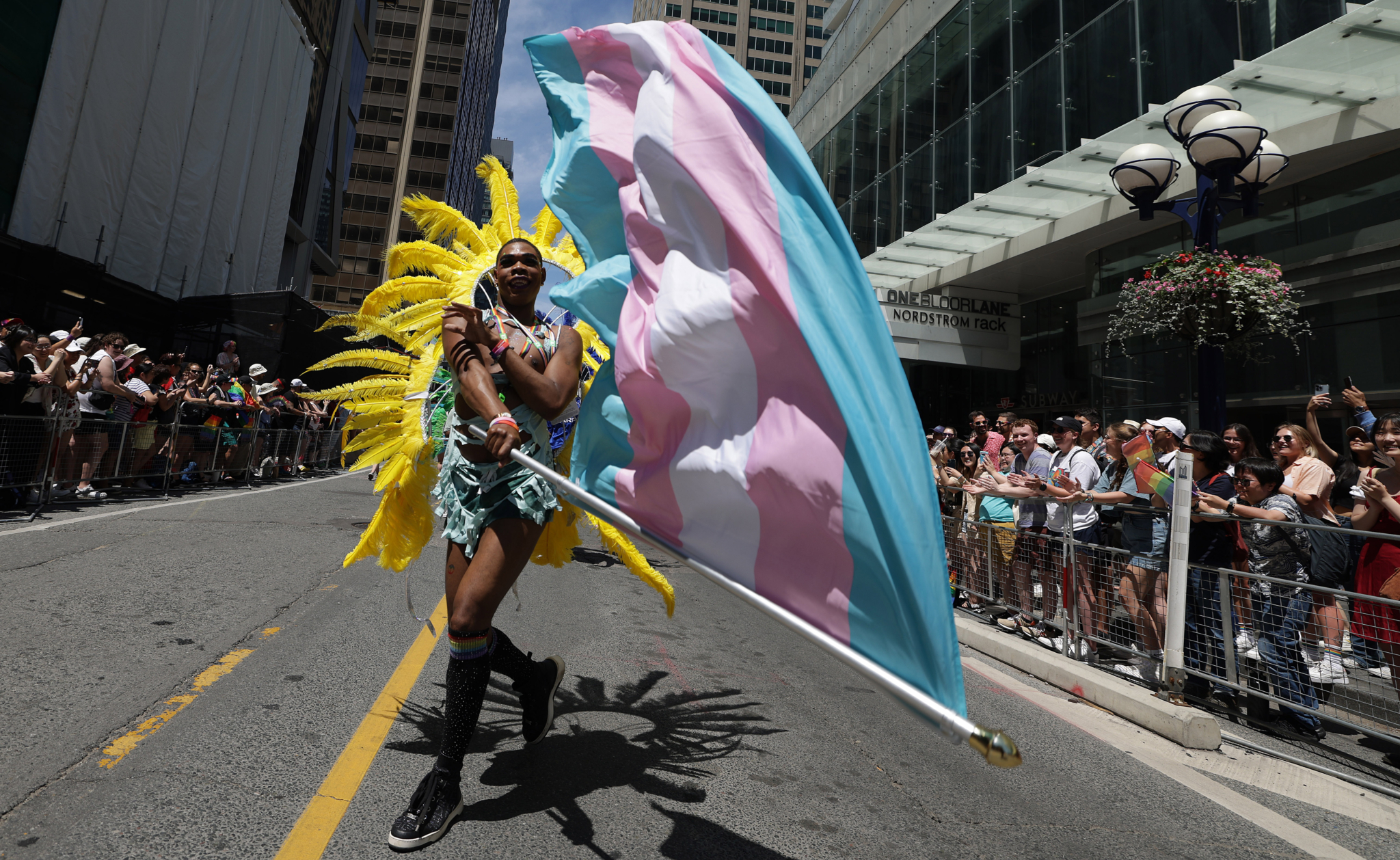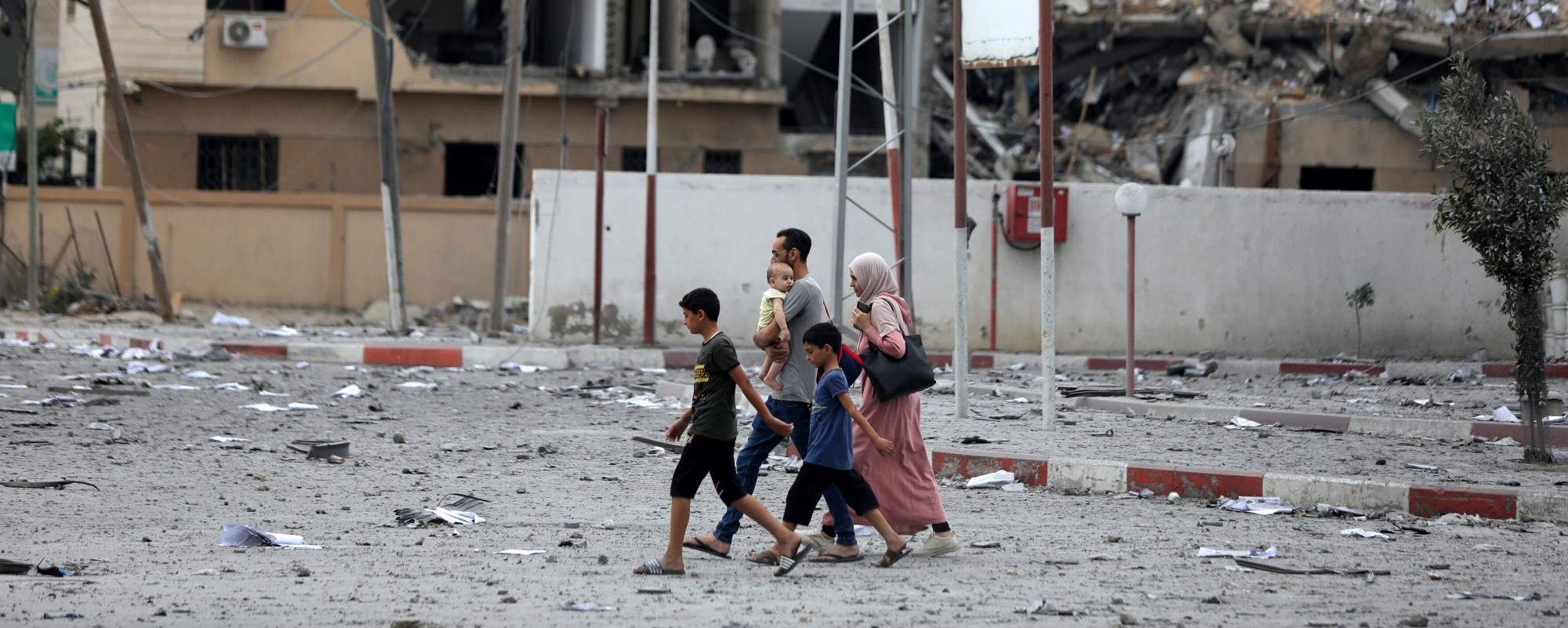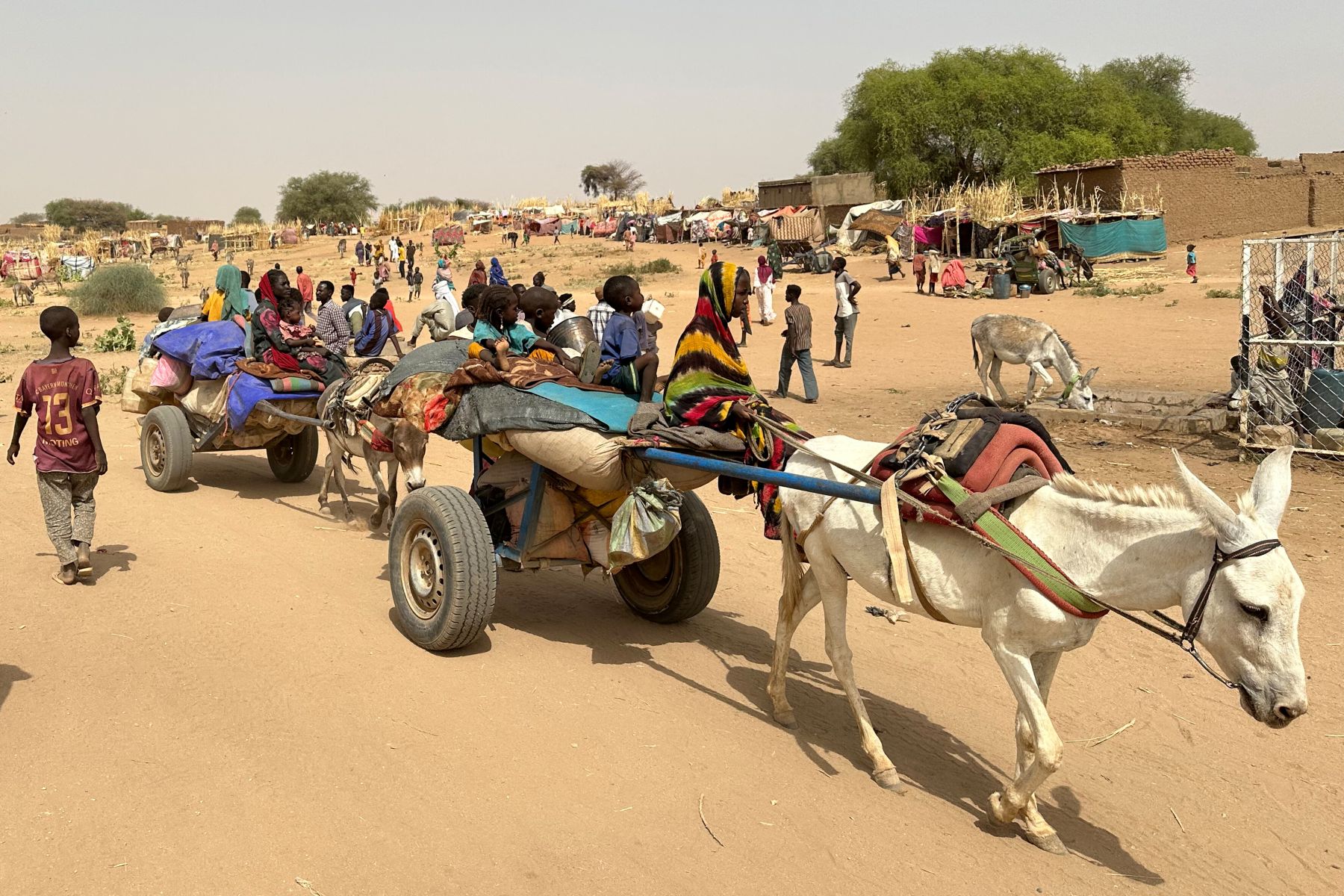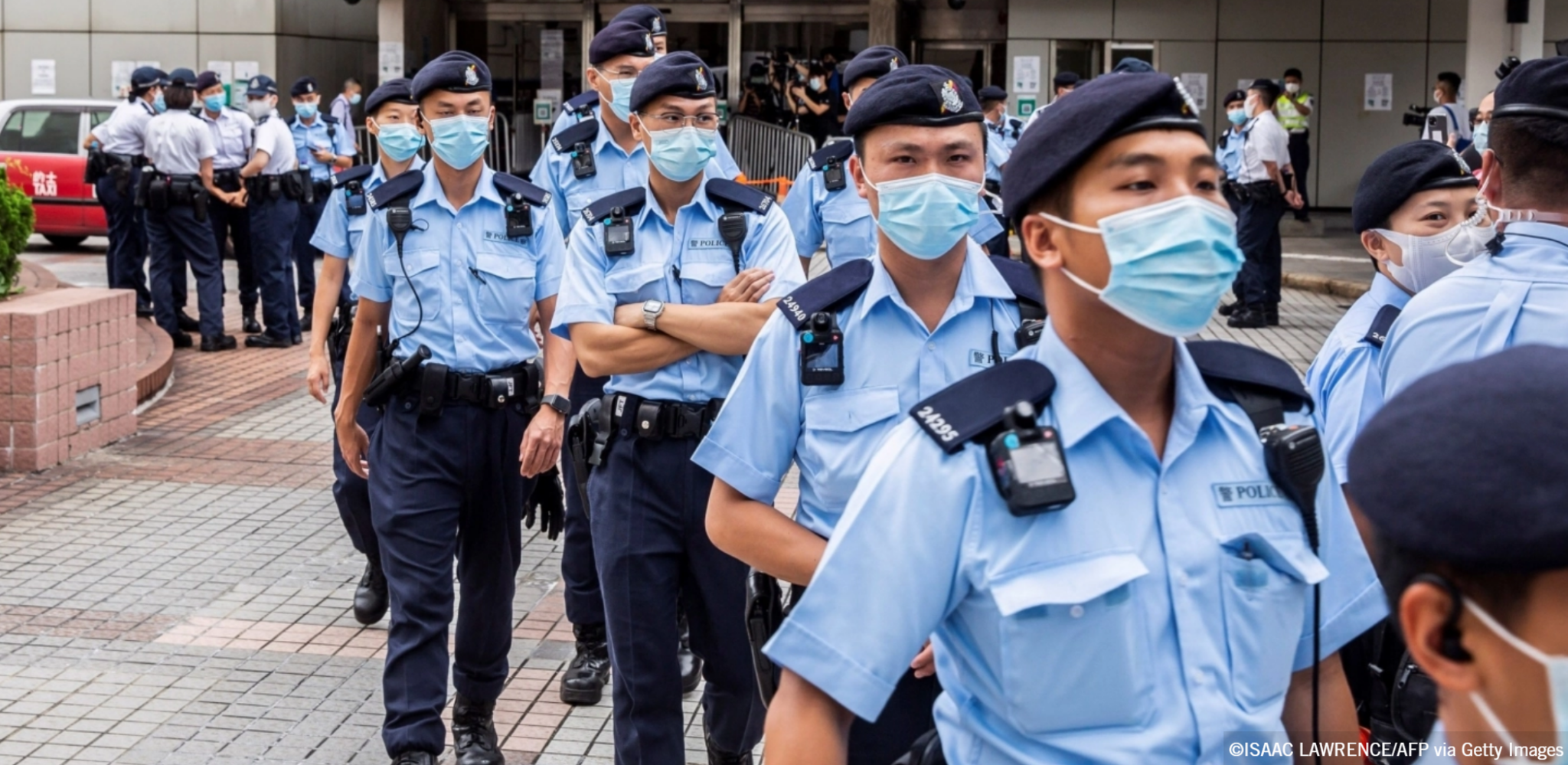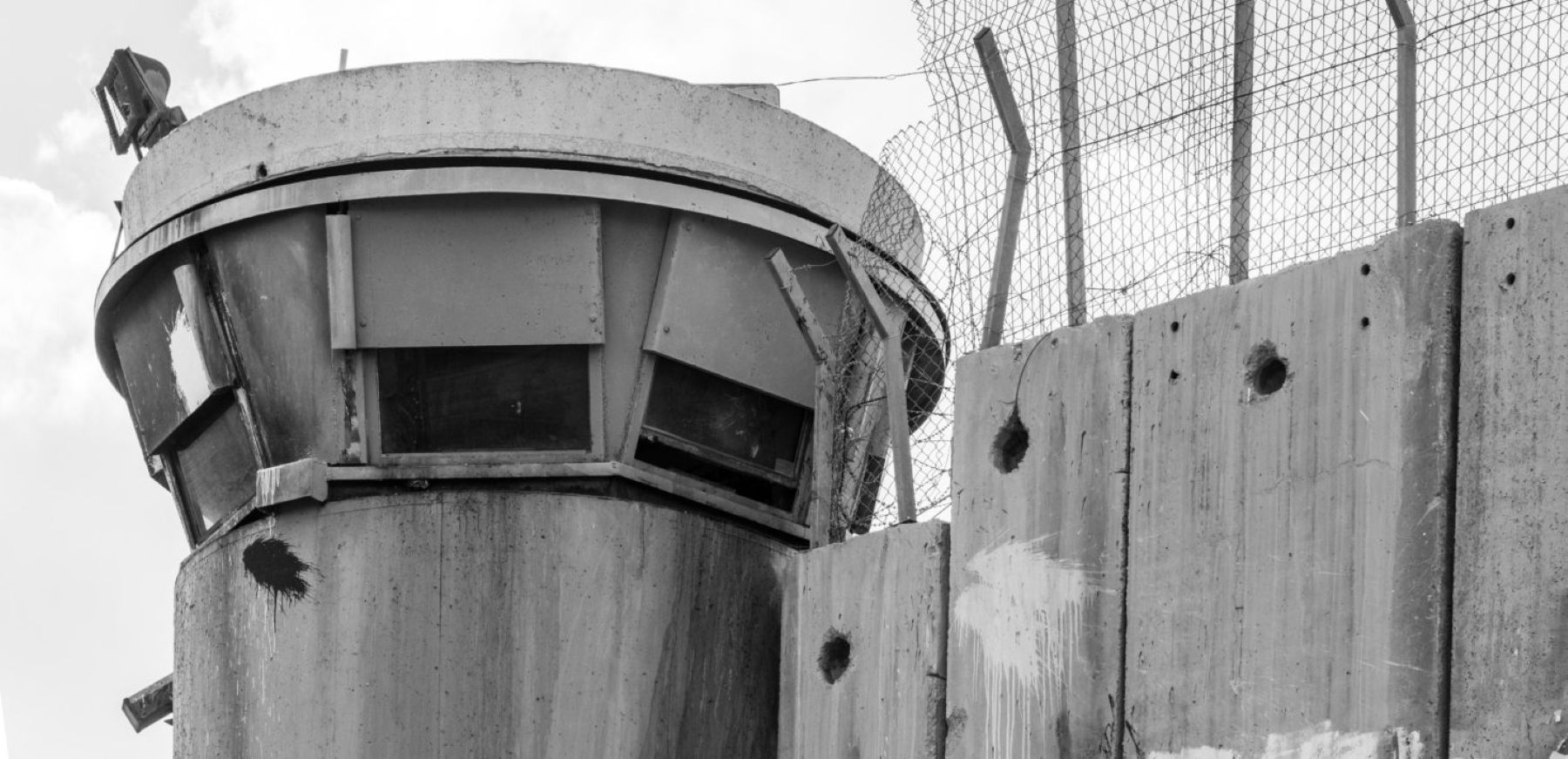Amnesty International is represented in this case by Audrey Mayrand and Giacomo Zucchi, with assistance from Anne Levesque.
WHAT IS THIS CASE ABOUT?
Environnement Jeunesse (EnJeu) is a Montreal-based non-profit focusing on raising awareness and encouraging advocacy among Quebec youth on environmental issues. In November 2018, EnJeu filed an application for authorization to bring a class action lawsuit against the Canadian government on behalf of all Quebecers under the age of 35. They argued that the Canadian government is violating the rights of their generation under the Canadian Charter of Rights and Freedoms and the Quebec Charter of Rights and Freedoms (namely, the rights to life, security, equality, and a healthy environment) by failing to adopt greenhouse gas emission targets that are sufficient to effectively combat dangerous climate change. They also characterized Canada’s failure to comply with its international environmental agreements including the Paris Agreement as gross and intentional negligence.
EnJeu asked the Court to order the government to implement measures necessary to curb climate change so as to respect these fundamental rights. They also requested punitive damages.
The Quebec Superior Court rejected EnJeu’s request for the authorization of the class, meaning that it did not meet the requirements to be proceed as a class action lawsuit. The Court found the age 35 cut-off to be arbitrary and inappropriate, since it did not consider the rationale for choosing it to be adequately justified. It also determined that EnJeu did not have the authority to act on behalf of the persons under age 18 in their proposed class. The judge also questioned the theoretical nature of the violations in question and whether a class action was the appropriate vehicle for such an issue.
EnJeu has appealed the Superior Court’s decision to the Quebec Court of Appeal. They argue that their decision to focus on youth, i.e. persons under 35, is not arbitrary. They are within their rights to focus on the needs and interests of youth, who they argue will be disproportionately impacted by climate inaction, even though the entire population may be affected by the climate crisis. EnJeu is also contesting the judge’s determinations on the inclusion of minors in the class and the appropriateness of a class action in this case.
AMNESTY INTERNATIONAL’S LEGAL CHALLENGE
Amnesty International is intervening at the Quebec Court of Appeal to bring an international human rights perspective to the procedural debate around class action authorization. Our position is that the Court must consider Canada’s international human rights obligations in interpreting the relevant Canadian law, which the court of first instance failed to do.
International human rights law enshrines the right to life, liberty, the security of the person, and equality in the International Covenant on Civil and Political Rights (ICCPR), to which Canada is a party; the ICCPR guarantees the right to an effective remedy to any person whose rights under the ICCPR have been violated. Moreover, the right to an effective remedy is widely recognized as customary international law, binding on all states.
International human rights law also guarantees specific protections for children, under the Convention on the Rights of the Child, to which Canada is also a party, which creates an obligation to consider a child’s best interests in all decisions pertaining to children, including those made in a court of law. This also applies to states taking legislative measures that ensure the wellbeing of children. The Convention also guarantees the right of children capable of forming their own views to express their views in judicial proceedings that affect them.
We also argue that minors are particularly vulnerable to obstacles that hinder their access to justice (including financial and logistical barriers). Thus, the vehicle of the class action lawsuit can facilitate obtaining access to justice for minors and should constitute an effective remedy for violations of their fundamental rights. Ultimately, the Quebec Superior Court’s decision imposed excessive barriers to the use of a class action in its inflexible interpretation of the relevant legal criteria, thereby denying youth access to an effective remedy.
STATUS OF THE CASE
On 11 July 2019, the Quebec Superior Court rejected the request for authorization for the class action. EnJeu has appealed this decision to the Quebec Court of Appeal. Amnesty International was granted intervener status by the Court on 12 February 2020. The hearing for this appeal is currently pending.
LEGAL RESOURCES
Exposé de l’intervenante, Amnistie internationale Canada [Factum of the Intervener]
Act d’intervention volontaire à titre amical, Amnesty International Canada [Motion for Leave to Intervene]
Intervener Decision, Quebec Court of Appeal (12 February 2020)
Déclaration d’appel (Environnement Jeunesse, 16 August 2019)
Environnement Jeunesse c. Procureur Général Du Canada (Quebec Superior Court, 11 July 2019)
MEDIA
“Best of luck to Canada’s kids: Fossil-fuel court cases have yet to pay off” (24 October 2019)
“Judge rejects class action from young Quebecers concerned about climate change” (16 July 2019)
“Young Quebecers take Ottawa to court in class action over climate change” (6 June 2019)
“Quebec group sues federal government over climate change” (26 November 2018)










